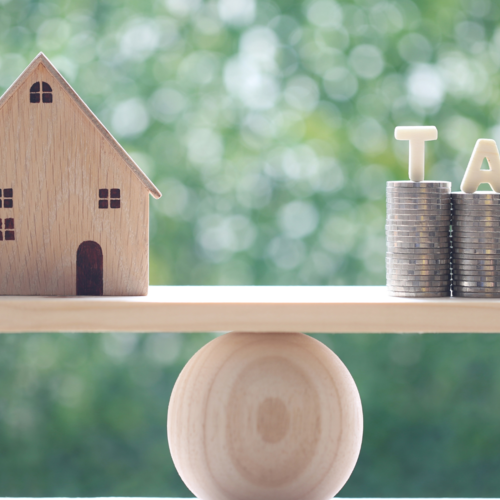When it comes to income and investing, understanding how timing affects your taxes is a big deal. Profits from your investment property are affected by the timing of sales as well as how you hold the property (including how you manage depreciation).
Installment Sale
If you own property free and clear (or with very little debt), you can sell that property and provide financing to the buyer via an installment sale. This can be a win-win for you and the buyer.
Here’s how it works. You provide the buyer with favorable loan terms (better than those of a traditional lender). This leaves the buyer with more cash and/or flexibility, allowing the buyer to pay a higher price for your property. In addition, an installment sale allows you to claim only the buyer’s down payment as taxable income in the year of the sale.
Here’s why that matters. Let’s imagine that the tax basis on this property is zero (to make the math easy). If you sold property and paid capital gains tax, you would pay 40 percent of the sales price in taxes. If, on the other hand, you sold your property via an installment sale, you’d only pay 40 percent on the down payment—the money you received. This allows you to collect interest on money that otherwise would have gone to the government in taxes as part of the original sale.
As an example, if you sold a $1 million property with a tax basis of zero, you’d put $600,000 in the bank, and you’d pay $400,000 to the government. If instead, you sold via an installment sale and accepted a $100,000 down payment, you would only pay $40,000 to the government, leaving you with $900,000 to carry and earn interest on from the buyer.
In future years, you would only pay capital gains on the principal portion of the buyer’s loan payments and ordinary income tax on the buyer’s interest payments. If you opted for a cash sale, you could invest the $600,000 proceeds, maybe lending it to someone else at 6 percent and this would net you $36,000 per year income. But if you carry the financing with an installment sale, you’ll earn 6 percent on $900,000, netting you $54,000, which amounts to an additional $18,000 that first year.
Cost Segregation
When you hold an investment property, you have the option to depreciate certain costs, and depreciation is tax deductible.
Rather than using the depreciation period for residential rentals of 27.5 years or for commercial property of 39 years, you can pay for a cost segregation study, which allows you to itemize the depreciation timeline for each asset. A cost-segregation study determines the useful remaining life of each asset, so instead of depreciating everything for 27.5 years or 39 years, you might depreciate the roof over its remaining life of 18 years, the carpet for 7 years, the electrical system for 15 years, and the heating and air conditioning system for 10 years.
The earlier you write off depreciation, the higher your tax deductions will be in those early years. If you plan to sell the property after 10 years, by that time you would have fully depreciated the carpet and HVAC system, most of the electrical system, and half of the roof. This may allow you to avoid paying taxes on the value of those assets. Here’s why.
Let’s say you have a $1 million commercial property that you can depreciate over 39 years. That’s $25,000 in depreciation per year. Each $25,000 worth of deductions saves you about $12,500 per year in state, federal and investment taxes. If instead, you can reallocate half of that $1 million value into individual assets with an average depreciation schedule of about 10 years, you’ll have $50,000 in depreciation per year on $500,000 worth of your holdings and $12,500 in depreciation per year on the other half of the building’s value.
Now, instead of earning $25,000 in depreciation annually, you’ll earn $62,500 in depreciation annually — a savings of $31,250 in tax liability for the next 10 years, or about $19,000 per year that you would have owed in taxes. Changing the timing of the depreciation could save you $190,000 during that 10-year period.
If you sell at the end of that 10 years, you will pay more in recapture taxes at that time; however, you will have had the benefit of the tax savings for the last ten years.
If you have questions about property management or real estate, please contact me at [email protected] or call (707) 462-4000. If you have an idea for a future column, share it with me and if I use it, I’ll send you a $25 gift certificate to Schat’s Bakery.
Dick Selzer is a real estate broker who has been in the business for more than 45 years.


